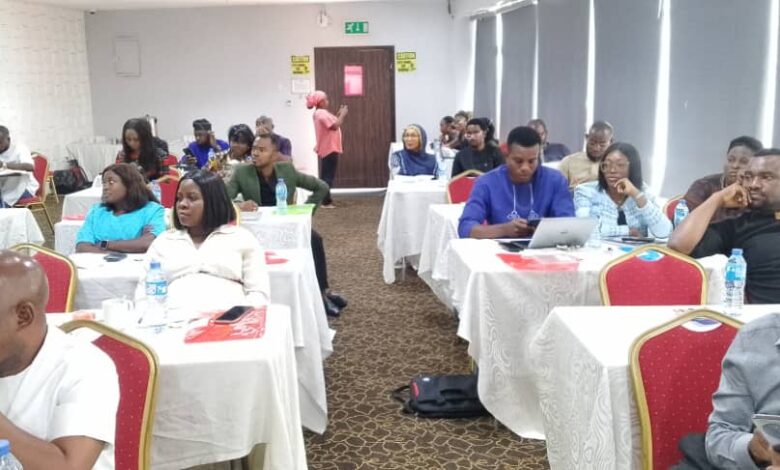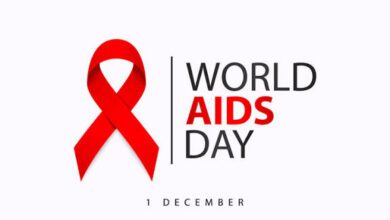
Experts have said that about 10 million lives may be lost by 2050 if nothing is done to halt the indiscriminate use of antimicrobials, ultimately leading to Antimicrobial Resistance (AMR).
This formed the basis of a five-day Training for Journalists and Community Based Organisations (CBOs) on AMR, held in Lagos.
The Head, Department of Medical Microbiology and Parasitology, University of Port Harcourt Teaching Hospital, Dr. Mary Alex-Wele explained that Antimicrobial Resistance (AMR) occur when bacteria, viruses, fungi and parasites develop the ability to resist the drugs designed to kill them such as antibiotics, antivirals and antifungals.
This means that infections caused by these resistant microbes become harder and sometimes impossible to treat.
She informed that drivers of AMR were misuse and over use of antibiotics, incomplete treatment, poverty and inadequate access to drugs, lack of awareness, poor sanitation and hygiene, uncontrolled sale and distribution of antibiotics.
The health expert disclosed that globally, 4.95 million deaths were associated with AMR while 1.27 million deaths were directly attributed to AMR.
She noted that this figure was “expected to double to 10 million deaths a year by 2025.
“Nigeria ranked 19th highest with AMR- related mortality out of 204 countries surveyed. 263,400 deaths associated with AMR 64,500 deaths directly attributed to AMR”.
She noted that when placing AMR in context with other causes of death in 2019, Nigeria Antimicrobial Resistance topped other causes like cardiovascular diseases, other infectious diseases, neoplasms, maternal and neonatal disorders, neglected tropical diseases, malaria and others.
Also, US$100 trillion losses to the global economy currently. 3.8% reduction in GDP and 3.8% reduction in livestock numbers by 2050.
She emphasised that understanding and addressing AMR starts with personal responsibility, adding that this means staying informed, questioning our own misconceptions and recognizing the role we play in shaping public discourse.
Speaking on the impact of AMR, she said it led to treatment failure leading to increased morbidity and mortality, Longer hospital stays, more expensive antibiotics and treatment options were required.
Others include risk of resistant hospital -acquired infection, challenges in surgeries and financial losses in agriculture.
In conclusion, Dr. Alex-Wele informed that disposal of unused antibiotics could also affect us through water and plants. Therefore, a multi sectoral approach involving animal and environmental health was important.
On his part, the National President, Guild of Medical Laboratory Directors, Dr. Samuel Fele emphasized that no significant progress can be made in the fight against AMR if the private sector was ignored.
Fele who was represented by Dr. Akujobi Igwe disclosed that the private sector provides over 60% of healthcare services in Nigeria. Therefore, engaging private healthcare facilities in AMR control was crucial.
He said private hospitals and specialist clinics play a crucial role in combating AMR through antimicrobial stewardship programs, infection control measures, education, collaboration and policy advocacy.
He further stated that by strengthening regulations, enhancing training and increasing public awareness, private pharmacies and Patent and Proprietary Medicine Vendors (PPMVs) can significantly contribute to AMR prevention.






